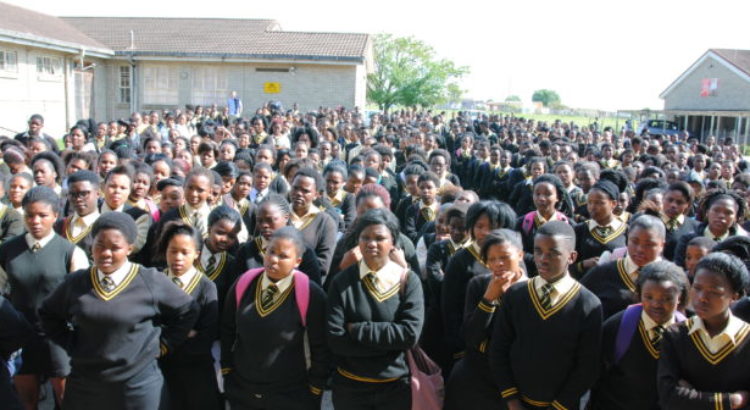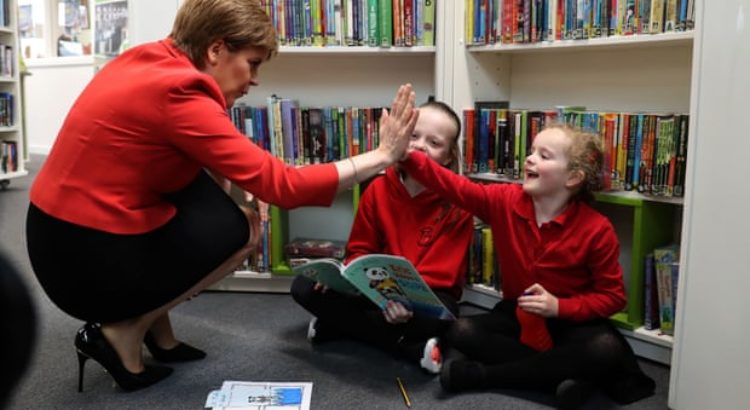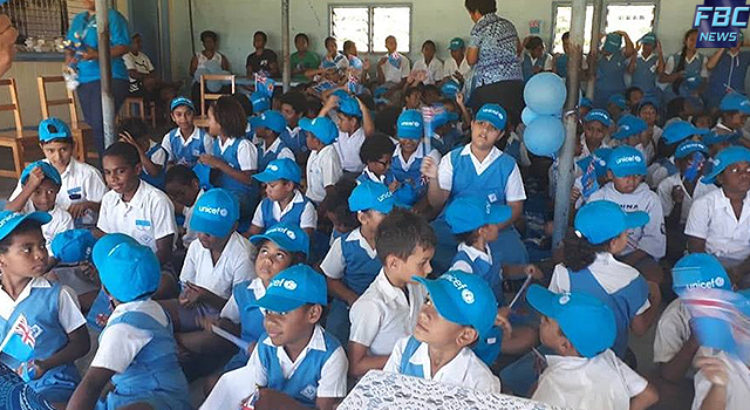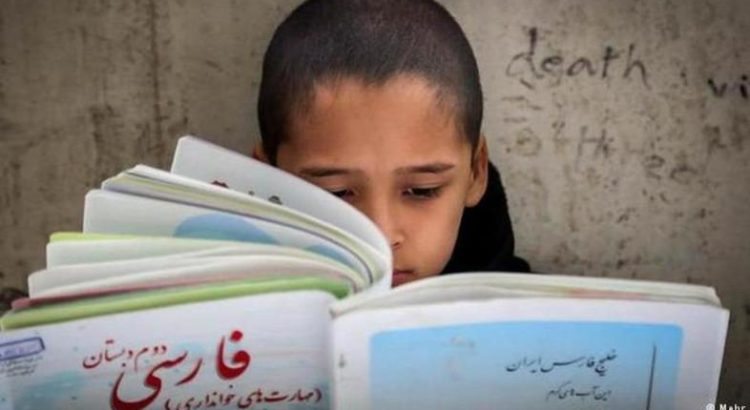Africa/ South Africa/ 28.11.2018/ Source: www.grocotts.co.za.
- 85% of South African pupils aspire to go to university
- Most still aspire to pursue traditional, well respected careers as doctors, dentists, engineers and psychologist/psychiatrists
- The study also explored areas such as technology in the classroom, teacher motivations, exams, students’ favourite subjects and celebrating success
According to new research by Cambridge International, 85% of South African school pupils aspire to continue their studies at university once they have left a school. In addition, many still aspire to go into the more traditional, highly respected careers like medicine and dentistry (13%), engineering (13%) and psychology and psychiatry (11%).
The first ever Global Education Census by education organisation Cambridge International aimed to find out what life is like in schools around the world today for pupils aged 12-19 and their teachers. The 2018 Census looked at other aspects of modern education including students’ favourite subjects, extracurricular activities offered by schools, homework and how schools celebrate success.
The census found the most popular subjects chosen by students in South Africa are English Language (95%), Maths (93%) and other languages (80%), followed by Accounting (29%) and Geography (17%). In fact, more South African students take Accounting and Geography than any other country surveyed.
In contrast, South African pupils’ favourite subject is actually Biology (40%), followed by Maths (37%) and English Language (26%). This is similar to the favourite subjects of students around the world who said their favourite subjects are Maths (38%), Biology (29%), Chemistry (23%) and Physics (23%).
School pupils in South Africa aspire to work for a well-established organisation after completing their tertiary education. They also lead the way with the highest number of students globally (8%) who plan to take a year off after finishing matric.
Juan Visser, Cambridge International’s Regional Director for Sub-Saharan Africa, said: “For a successful career, students need to work hard and be dedicated to their studies. Education is a very important tool for everyone to succeed in life, as it is no secret that a good education has the power to change a life. It is important that educators and counsellors equip students with good career advice to make the right subject choices ahead of applying to university.”
Wallace Isaacs, Deputy Director: Student Recruitment and Enrolment at the University of Pretoria, said:“Going to university after high school is a journey that is still expected for students in South Africa by many parents, educators and the students themselves. We do find a significant number of students aspire to pursue careers in what is considered more conventional but well respected fields like medicine and engineering. However, with the advance of technology and a globalisation, there are now a greater variety of professions that students can consider. For example the new Masters Programme in Information Technology: Big Data Science that didn’t exist a few years ago. It is however important that students plan well in advance to ensure they select the right subjects early in high school that will enable them to gain entry to their desired university course. It’s always advisable for students to seek advice from a career guidance counsellor at their school or contact the university of their choice to get the right information.”
Other key findings from South Africa include:
- Career advice / university counselling: Over half of teachers say their school provides careers advice (51%) to help support pupils to fulfil their aspirations. For students who take extra lessons and/or tutoring, Maths (81%), Physics (37%) and Chemistry (31%) are the most popular subjects
- Homework: Over a third (35%) of South African school learners say they spend 2 -3 hours completing homework every day (35%), this is the same amount of time reported by most students globally (28%). Students in South Africa have varying amounts of homework at the weekend, with 20% saying they spend 2-3 hours on homework, and 18% reporting they spend 3-4 hours on it.
- Exams: Interestingly, 45% of schools in South Africa have two sets of exams per year – the highest globally. This is mainly due to the fact that when students apply for university or college, the mid-year exams are used to gain provisional entry. Preparations for exams are never an easy task; therefore, many teachers use different methods. 70% of teachers in South Africa prefer teaching students how to respond to different questions, 69% provide students with extra lessons and 59% advise students to look at the mark allocation, as this will determine the length of the answer.
- Technology in the classroom: Nearly half of school pupilss (48%) now use their smartphones as educational aids in lessons. However, traditional tools still have their place in education in South Africa with 70% of students saying that whiteboards are still used in their classroom (compared to 31% globally) and 89% saying they still use pen and paper. South Africa has the lowest proportion of laptop and desktop computer use – just 12% of students responding said they used these during lessons.
Allen van Blerk, Principal, St Charles College Pietermaritzburg, commented: “The key to success is the amount of time students spend with access to an enthusiastic, expert teacher. It is the quality of teaching and feedback on a daily basis, and the engagement of the student in pursuing conceptual understanding, that leads to deep subject understanding. The next revolution is harnessing technology to allow personalised learning to take place in traditional spaces. The challenge of providing students with personal, specialised assistance at the point when they reach a learning obstacle is the new frontier. I am pleased to find that we are finally on the verge of being able to use technology in simple ways that effectively help learning to proceed, without sacrificing rigor for entertainment.”
Globally, one of the most interesting findings of the report is that one in three school pupils does no exercise at school. This is despite growing concern by leading global health experts that childhood obesity and unhealthy lifestyles are on the rise.
More than a third of students (37%) worldwide don’t exercise at school. What’s more, girls are less likely than boys to play sport at school, with two in five female students (41%) saying they don’t take part in school sports, versus 28% of male students.
Source of the notice: https://www.grocotts.co.za/2018/11/22/most-sa-schoolgoers-aspire-to-university-education/
















 Users Today : 2
Users Today : 2 Total Users : 35460781
Total Users : 35460781 Views Today : 6
Views Today : 6 Total views : 3419993
Total views : 3419993